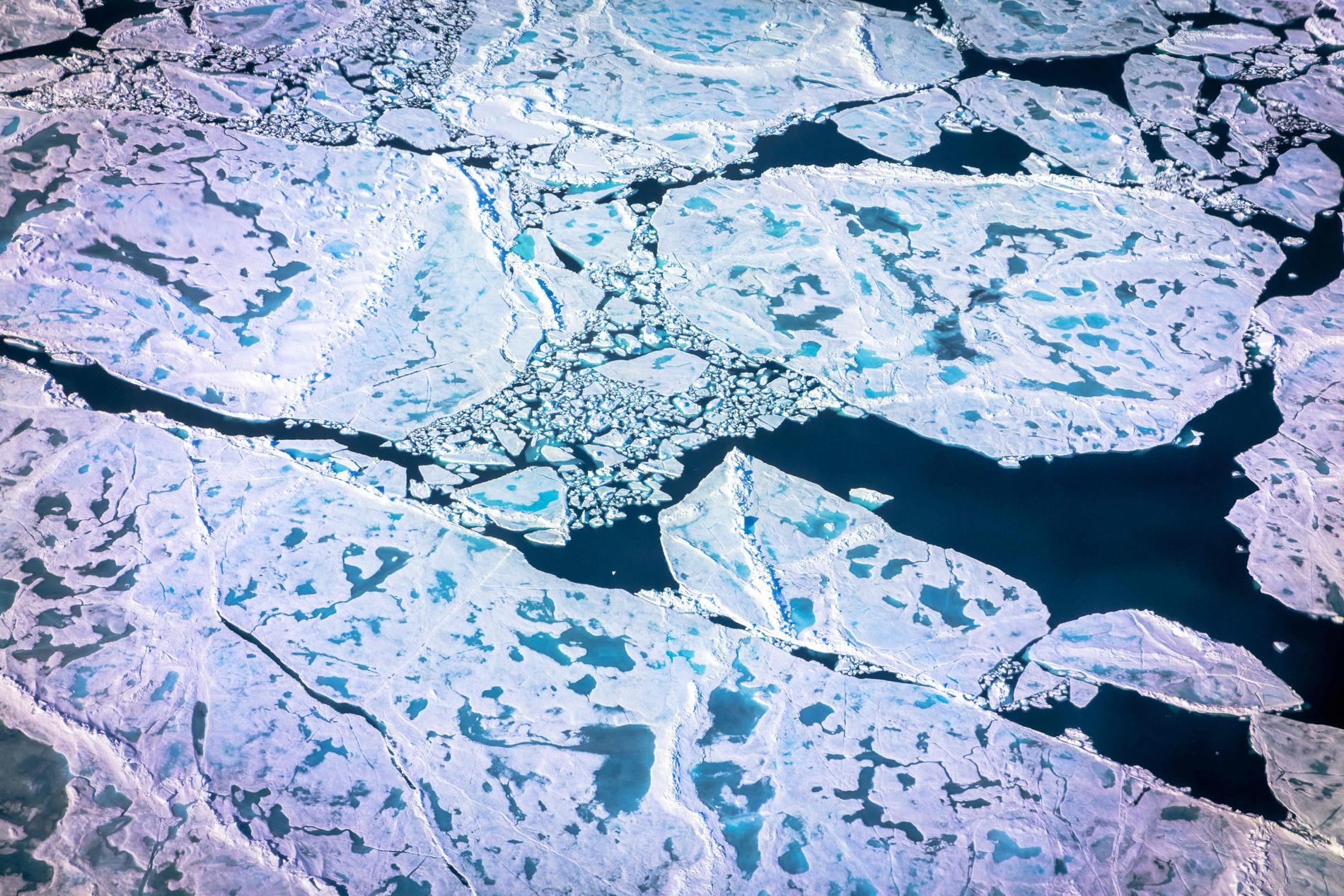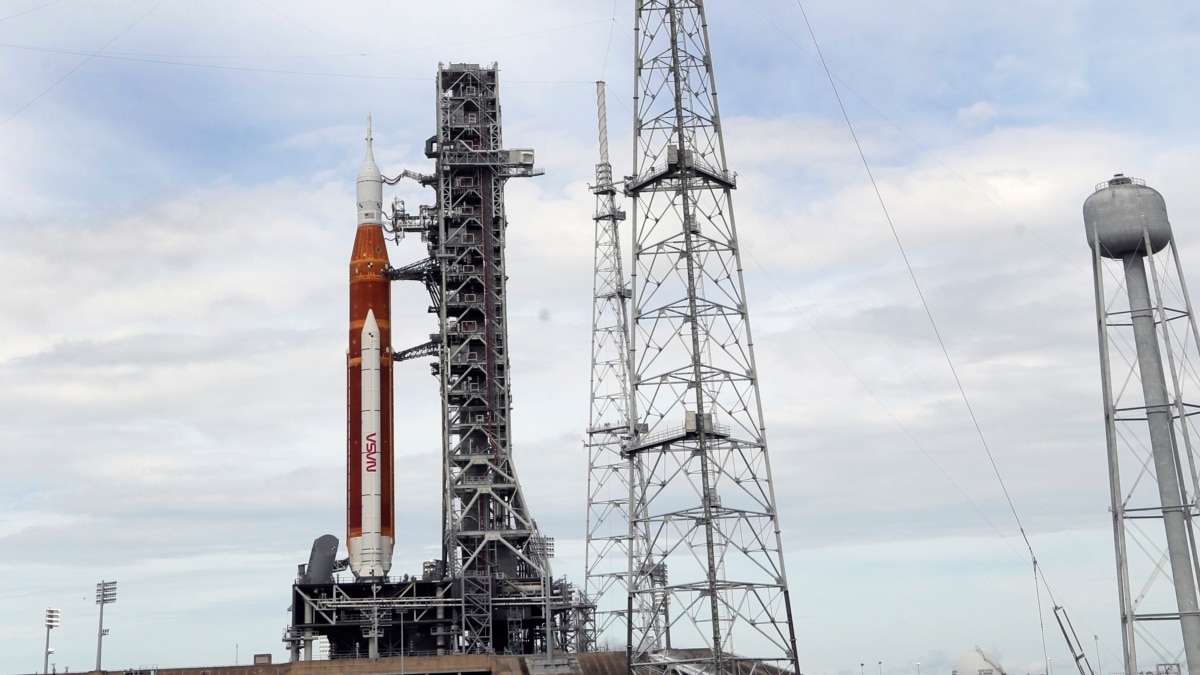According to a new study, not even a complete interruption of greenhouse gas emissions overnight will be able to stop the dramatic rise in sea levels. – We slept in class, says climate scientist Helge Drange.
Less than 20 minutes ago
–
The Greenland ice sheet is melting and happening rapidly. A new she studies from the Nature Climate Change project shows that 3.3% of Greenland’s ice sheet will melt by 2100.
According to the study, this could cause the world’s oceans to rise nearly 30 centimeters by 2100.
– It’s an alarming situation when melting increases in Greenland, because there is so much ice to remove, climate researcher Helge Drange tells VG.
The study, which is discussed in Washington Postmakes one of the most dire predictions of sea level rise yet.
According to the study, even a complete stop of greenhouse gas emissions overnight will not be able to stop the rising seas.
– Sea level rise is extremely serious, it will last a long time. Many large cities, delta areas and island states will have problems. Not good at all, says Drange.
It can be dramatic
Researcher from the Norwegian Marine Research Institute, Øivind Bergh, tells VG that there have been many of these estimates and that they vary.
But one thing is certain, he says: they all point in the same direction.
– Will we be talking about the whole world underwater by 2100?
– No we do not. But 30 centimeters are serious enough.
1 / 3
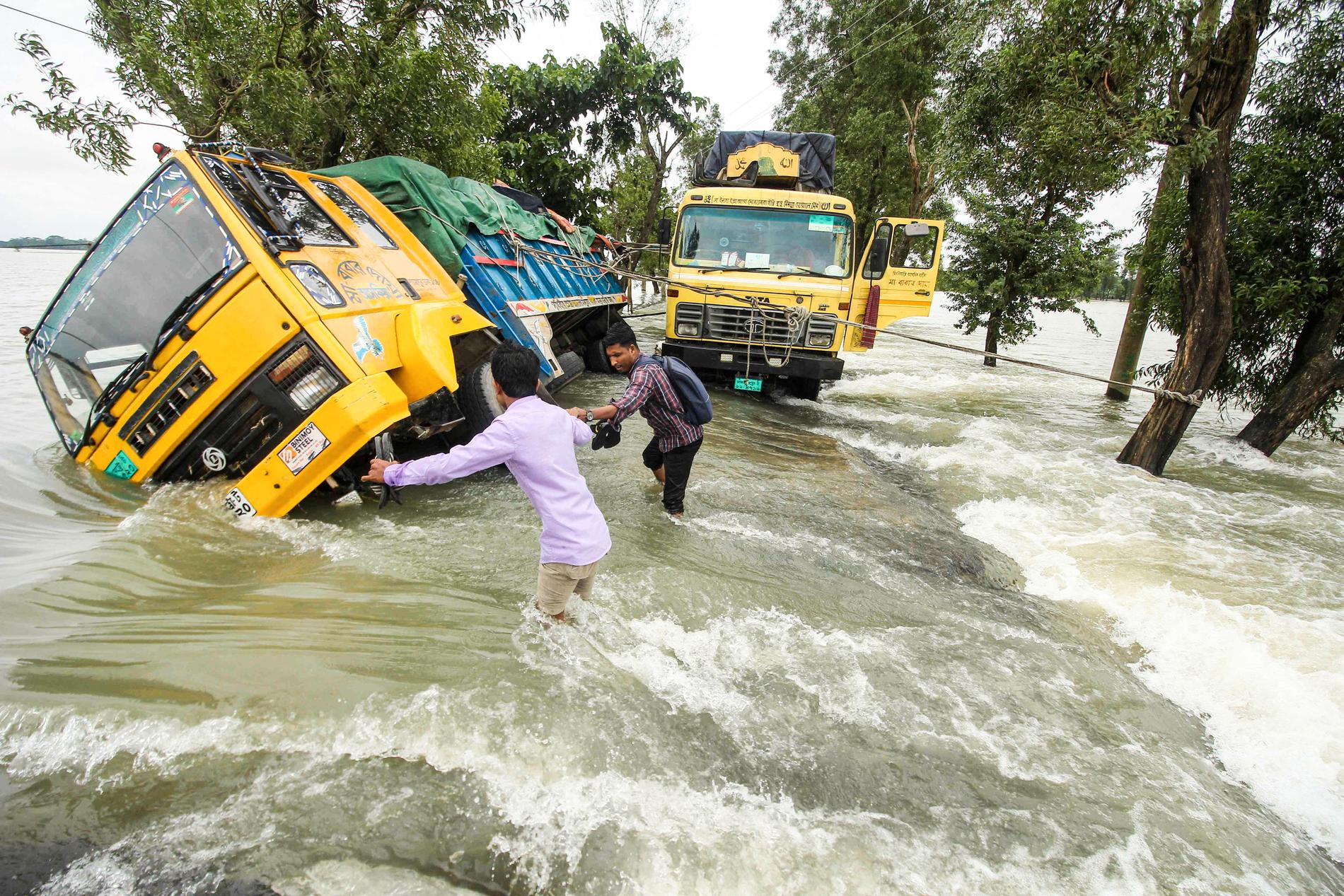 –
–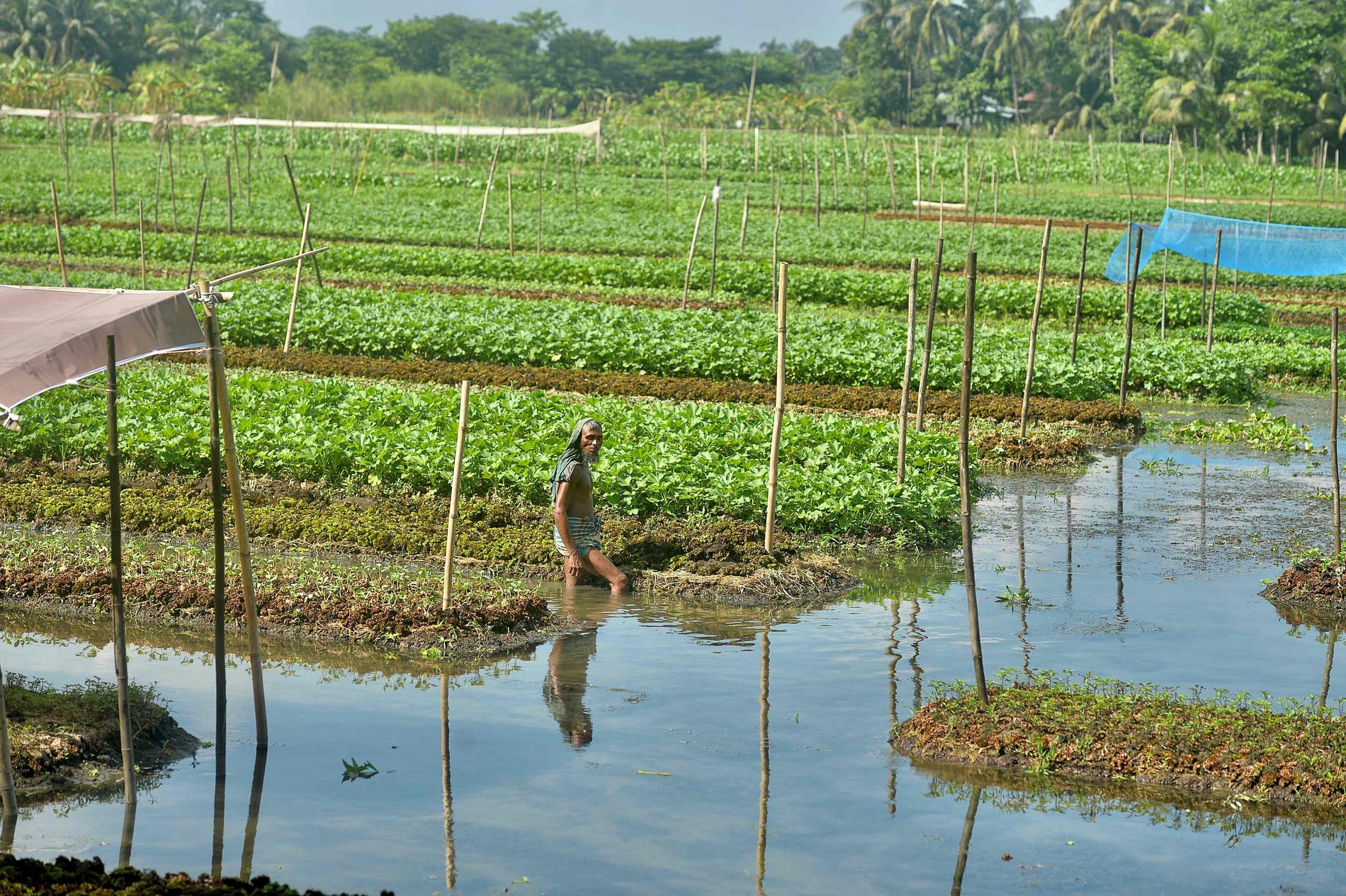 –
–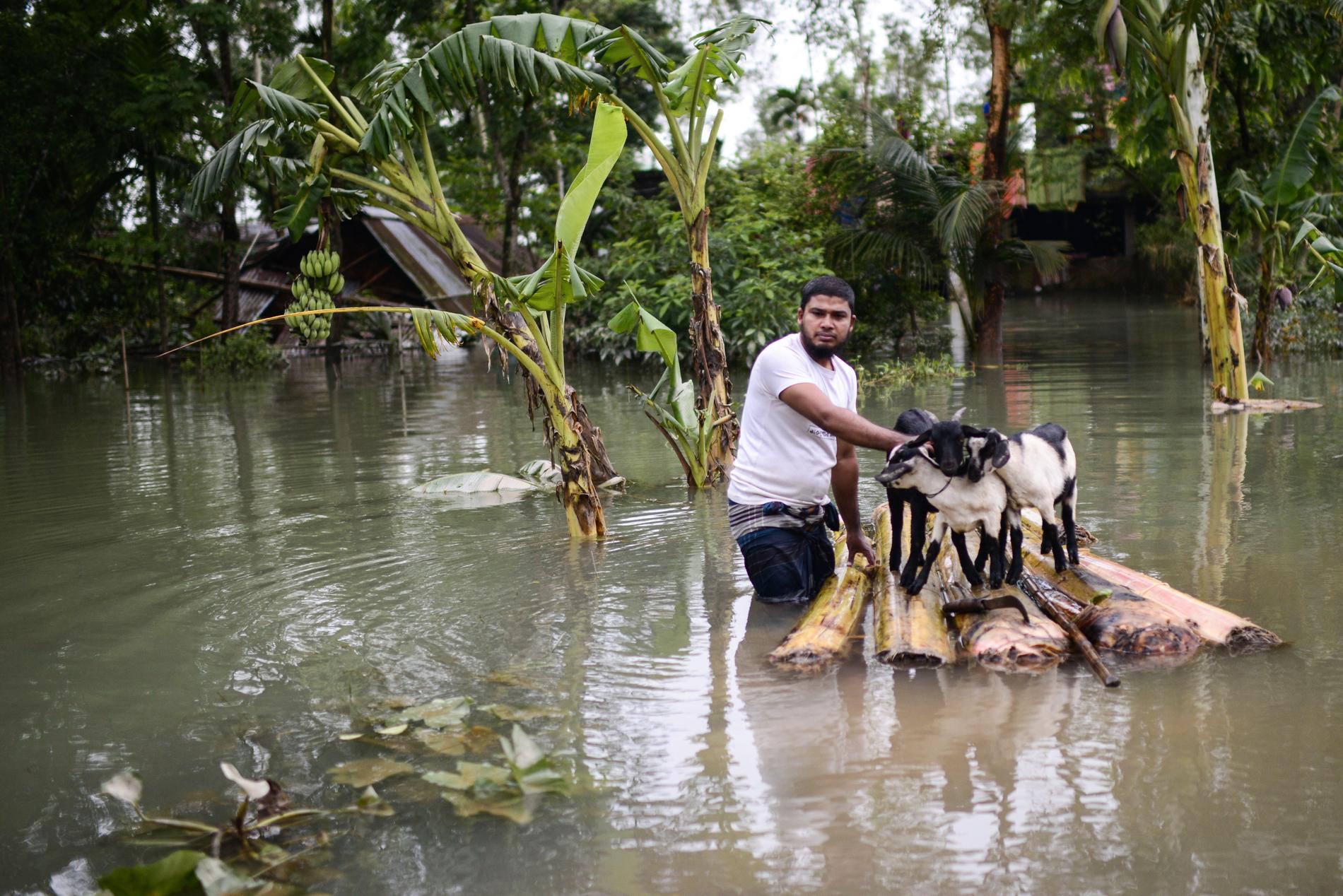 –
––
–
In practice this could mean more frequent events with high tides and spring tides which could have a greater impact. Spring tide is when the tide has the highest tide, i.e. the highest water level.
It can be dramatic, according to Bergh.
This can have serious consequences, especially for countries located on the plains or near river deltas.
– Bangladesh has a huge amount of people living on sandbanks, where there is nowhere to go. This is serious, Bergh says.
1 / 3
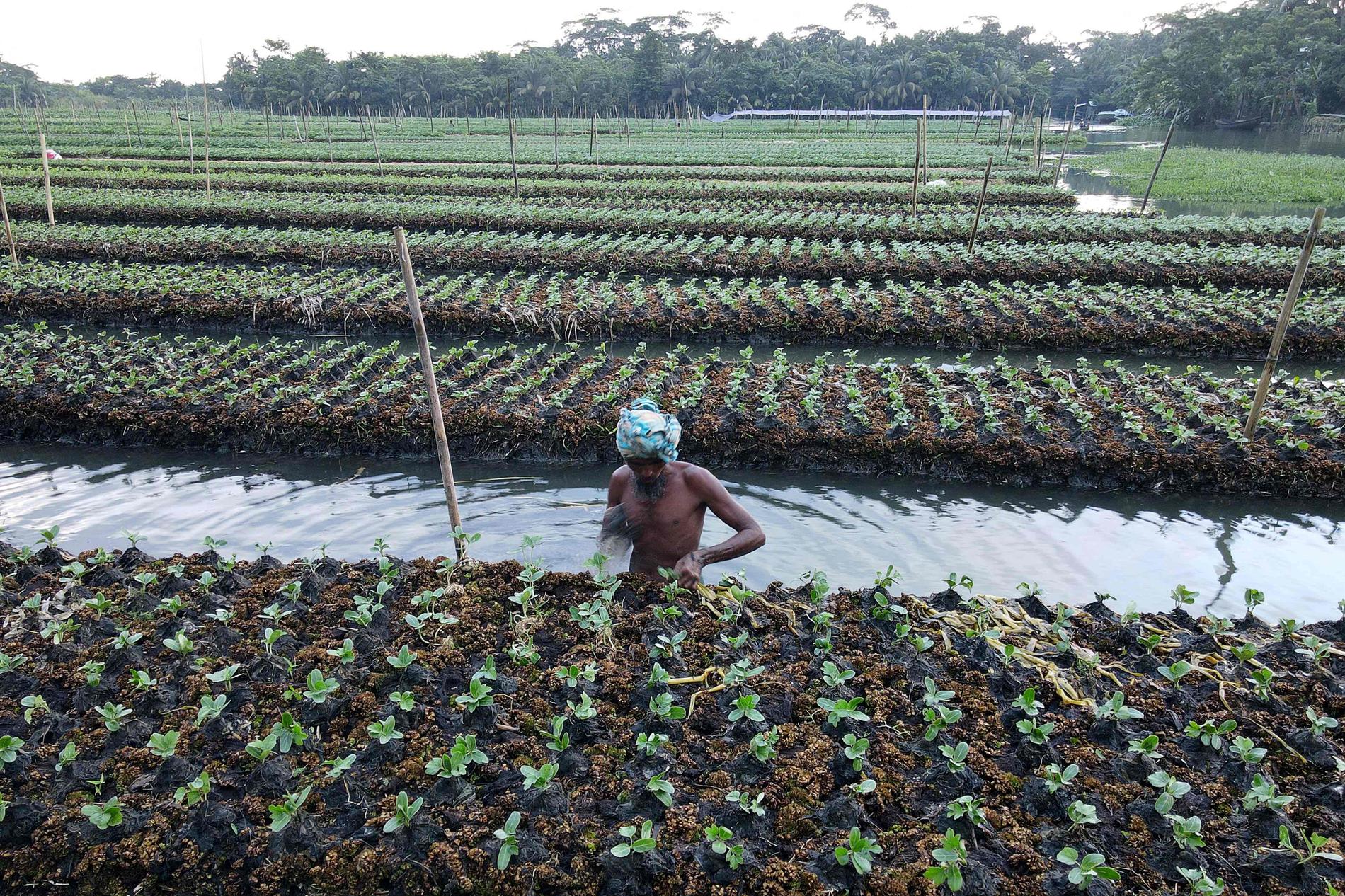 –
–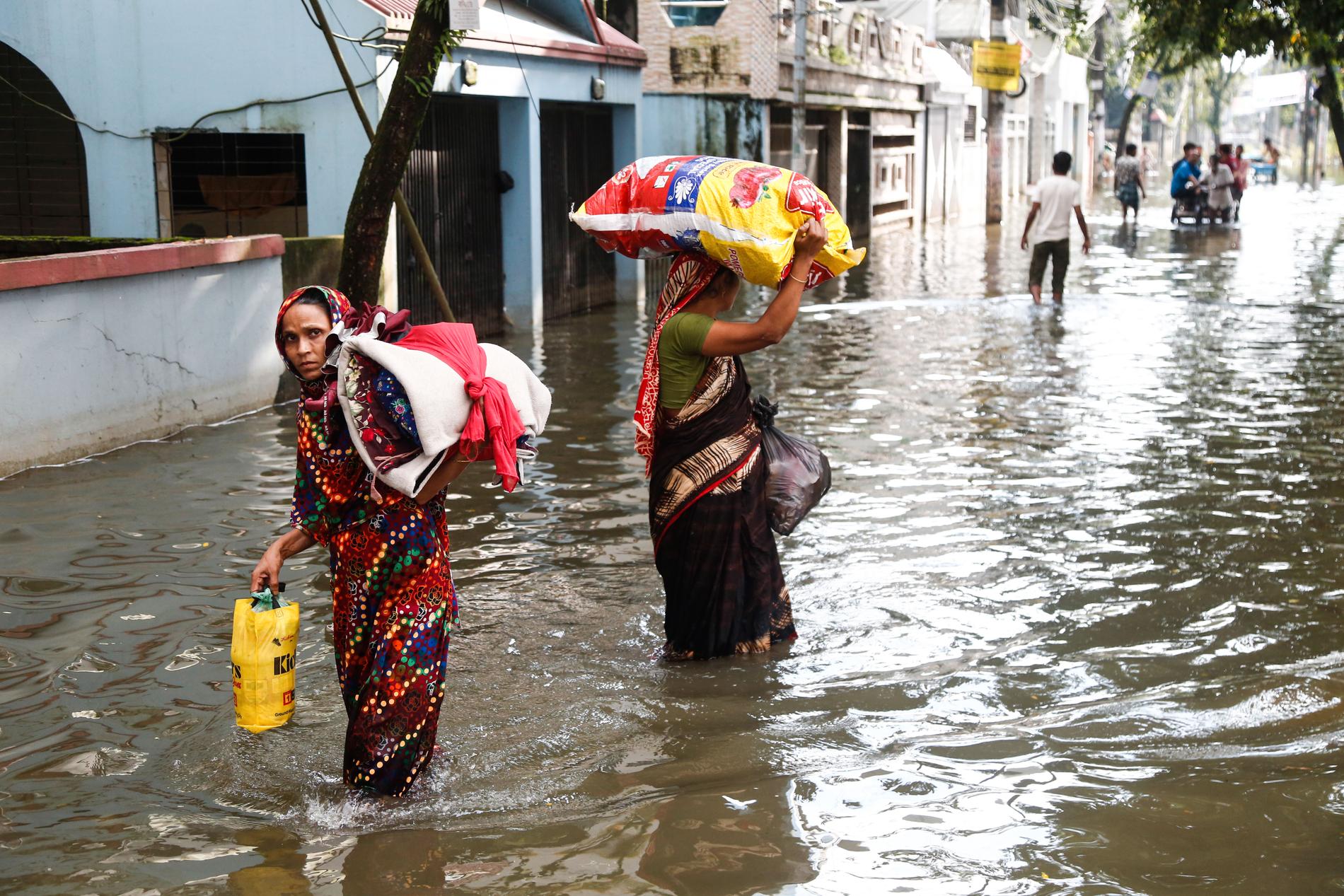 –
–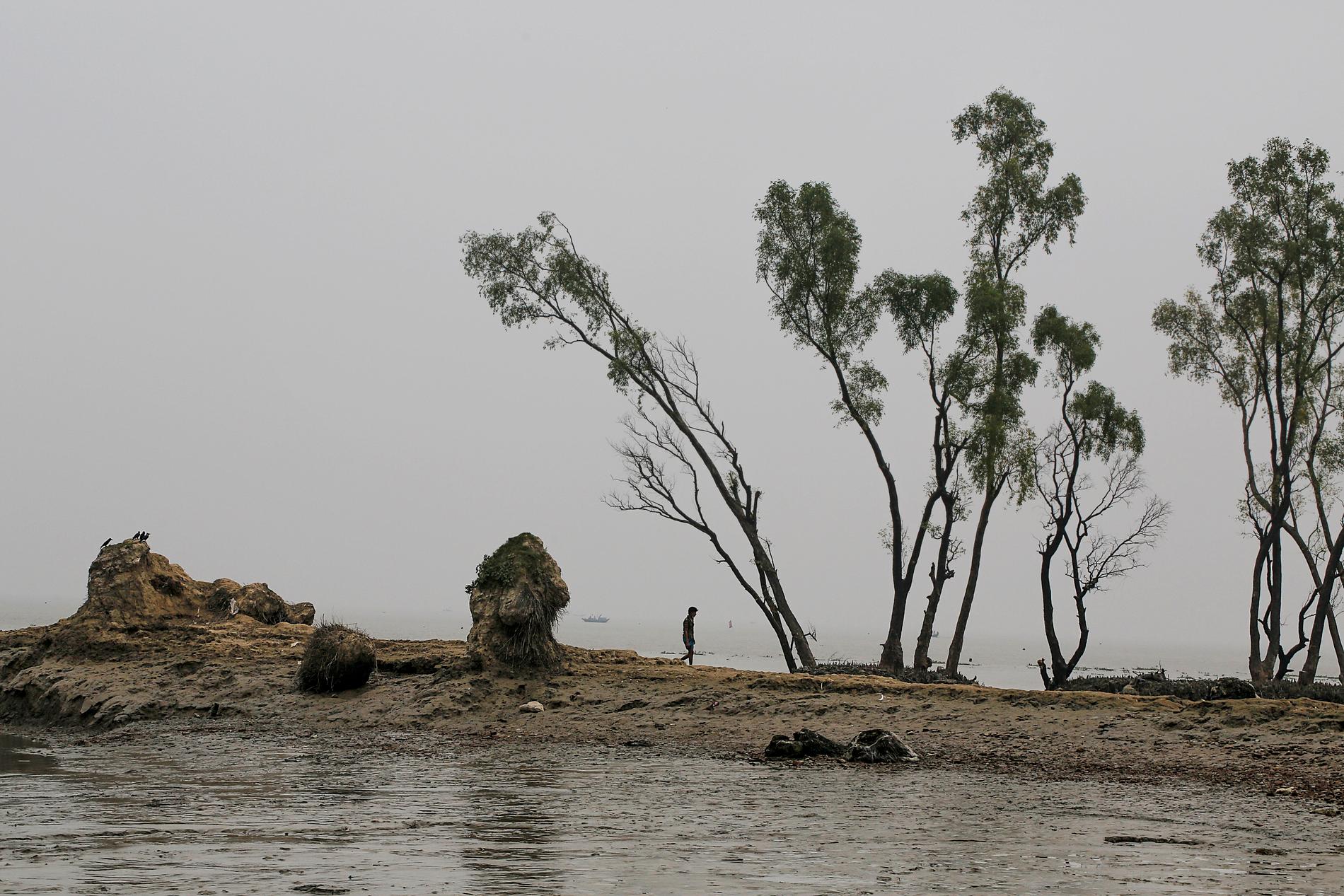 –
––
–
It also refers to the Netherlands, where more than half of the population already lives below sea level. They are even better here than in many other countries.
– They are technological and advanced and the country is determined for that to happen. So they have a lot to do technically.
In Norway, he identifies Bryggen and Vågsbunnen in Bergen as particularly vulnerable. He points to Venice, which has spent decades and costly judgments building dams around the vulnerable city.
Bergh does not ignore the fact that Bergen must be forced to do the same.
– But not in my life and yours. There is a great slowness in the system. What we release from greenhouse gases now will have an impact for decades to come.
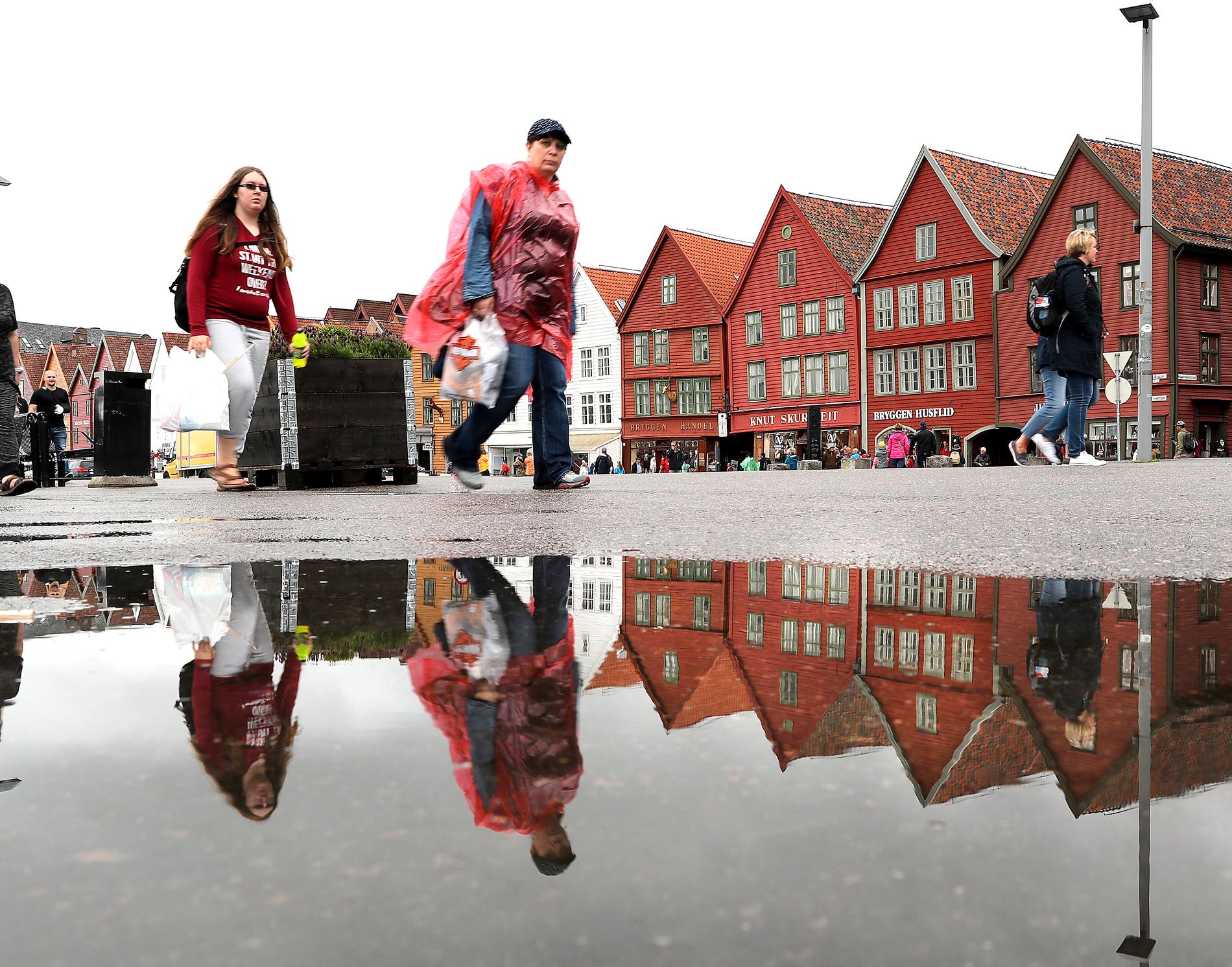 –
–– We slept in class
It is not the first time that there are bleak future prospects for the planet.
The UN report came out earlier this year stating this climate change is greater and occurs more rapidly than we previously thought. In a she studies from August it emerged that also the Arctic heats up much faster than expected.
Bergh thinks we need to stay calm.
– I think fear is a wrong feeling. We should rather think that this is not good, and that we have no choice but to act, Bergh says and points to what he believes is an important part of the solution:
– We must move away from oil, coal and gas.
Drange highlights the current energy crisis, which has sparked new debates on the quest for more oil and gas, including in the Barents Sea.
– It may seem sensible in the short term, but a more correct question is why did we get to where we are. We slept in class and continue to sleep in class, she says.
– Is it our fault that this is happening?
– Yes, absolutely. Both the melting of Greenland and Antarctica are one of the reasons why it is absolutely essential to reduce greenhouse gas emissions, says Drange.
– You mean it’s a “lost case”?
– I may not mean it that way, but sea level rise will continue no matter what we do. But the longer we continue with gas emissions like today, the faster the sea level will continue to rise. This is what we must avoid.
–
